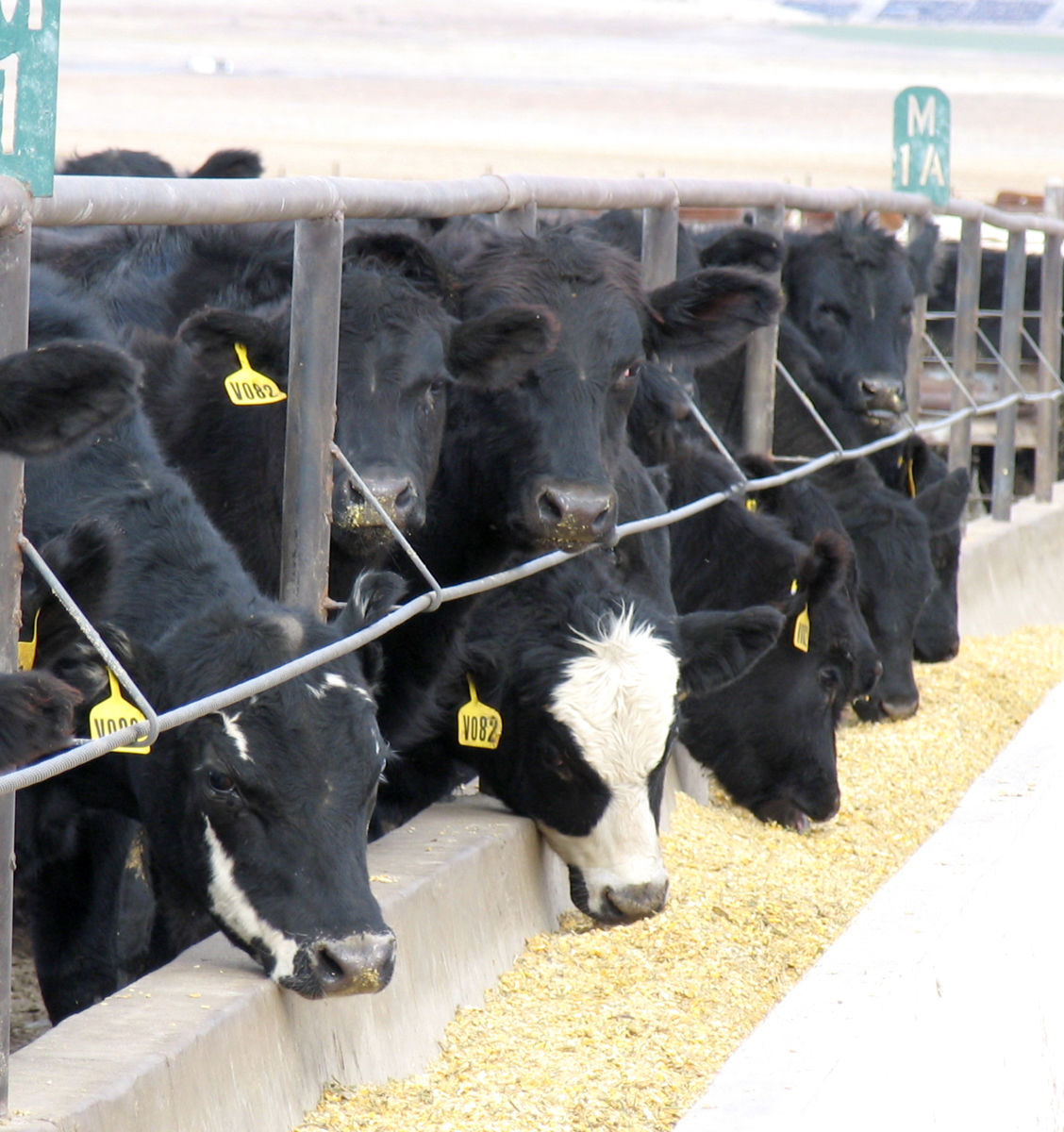Forty years ago on Oct. 10, 1978, New Mexico State University’s Clayton Livestock Research Center began operations.
Forty years of research at the Clayton Livestock Research Center will be celebrated on Oct. 13, with a luncheon and presentation that will showcase research that has been done at the facility since it opened in 1978.
Since then, as one of the few university feedlot research facilities in the nation, pertinent science-based research has been conducted to improve the health and performance of newly received beef cattle, including nutrition, and management to slaughter. In addition, the facility has a 120-acre center pivot for conducting research with winter wheat.
The College of Agricultural, Consumer and Environmental Sciences will celebrate the work that has been conducted at the facility with an open house beginning at 11:30 a.m. Oct. 13. Lunch will be served, followed by a program.
“It’s important to showcase what we have been doing at this facility and then talk about the future,” said Glenn Duff, NMSU professor and superintendent of the research center. “We know it is a busy time of the year for cattlemen, so the event will only be about two-and-a-half hours.”
Consuelo Sowers, farm ranch supervisor for the facility, is compiling research data from the past 40 years on health and performance of newly-received cattle. An analysis of the trends will be presented during the celebration.
“We are proud that several management decisions in the feedlot industry and recommendations in the Nutrient Requirement of Beef Cattle are the result of research here at the Clayton Livestock Research Center,” Duff said.
While looking back at the research, the past superintendents will be recognized for their leadership through the years.
“We’ve invited several of the past superintendents” Duff said. “Hopefully they will attend and share their memories of their time here.”
During the 1970s, cattlemen from across the state helped promote the need for this type of research facility.
In 1972, the New Mexico State Legislature first appropriated funds for the construction and operation of the center. A special use permit was approved by the Cibola National Forest in 1973 and 1975 for the construction on 320 acres of the Kiowa National Grassland within its jurisdiction. Construction began in 1975.
Research pens, with a capacity of approximately 960 head were constructed from pipe, with fence line concrete feed bunks. The facility includes cattle handling equipment in an enclosed barn including a working chute system, scales for weighing individual animals and a loading chute and scales for weighing trucks or groups of cattle.
Through the years, upgrades have been made include a “Bud Box” design cattle handling system for truly low stress handling conditions. Recently, the feedlot water troughs were replaced with a heated water system.
Construction of the feed mill was completed in December 1978. It provides storage of feed ingredients, contains a steam flaker and dry roller for grains and mixing of experimental diets. The roughage boxes were recently upgraded with funds from the Agricultural Experiment Station.
Forty years later, the feed mill is in operation as is the center-pivot irrigation system on 120 acres, which is currently being used for research.
“We have recently planted winter wheat on this field,” Duff said. “We will be evaluating preconditioning or value added programs on health and performance of the newly-received calves in this field.”

